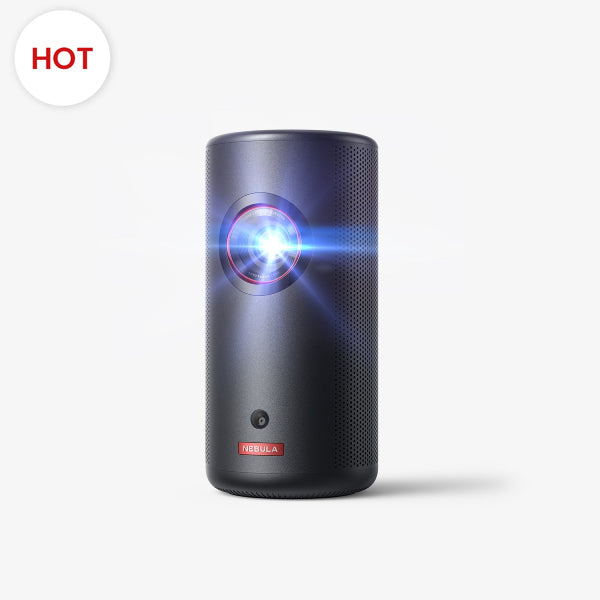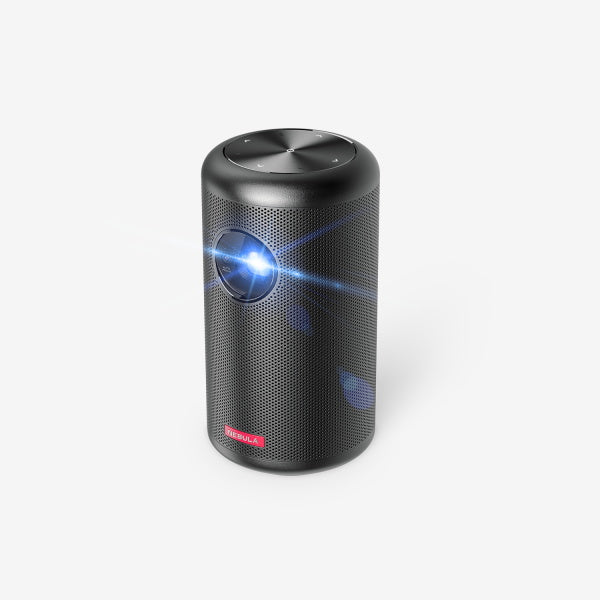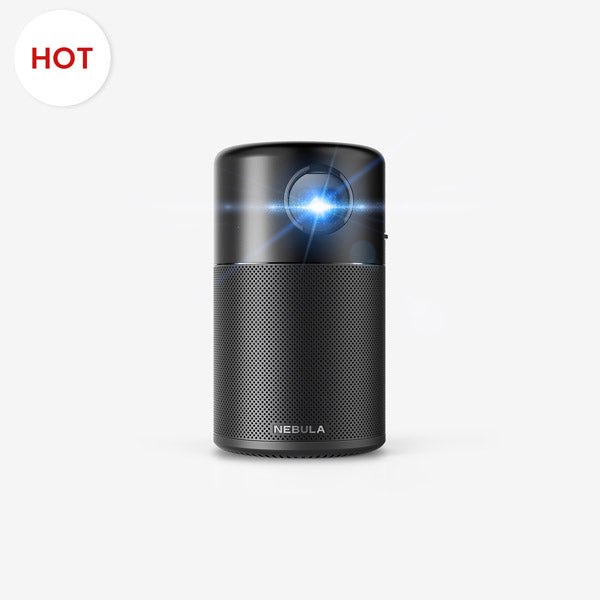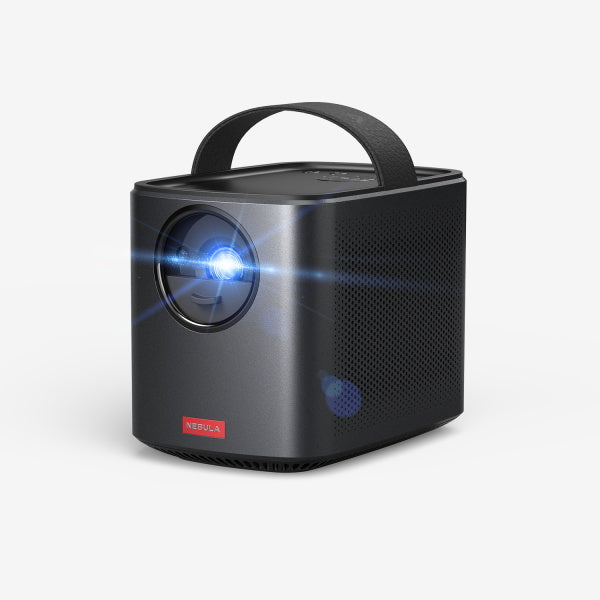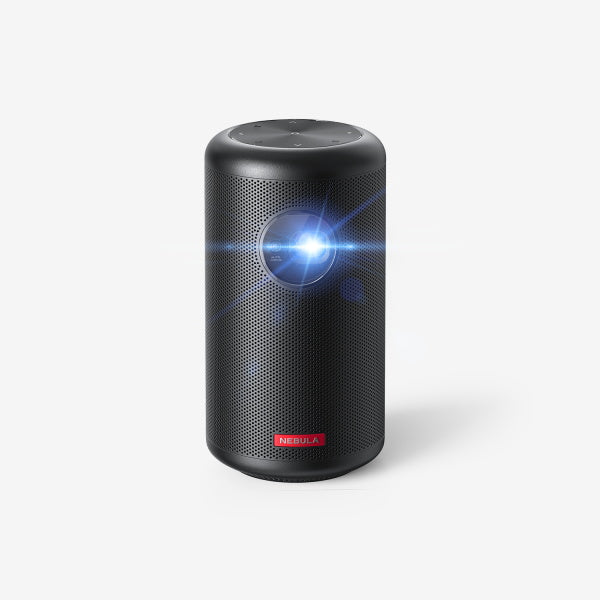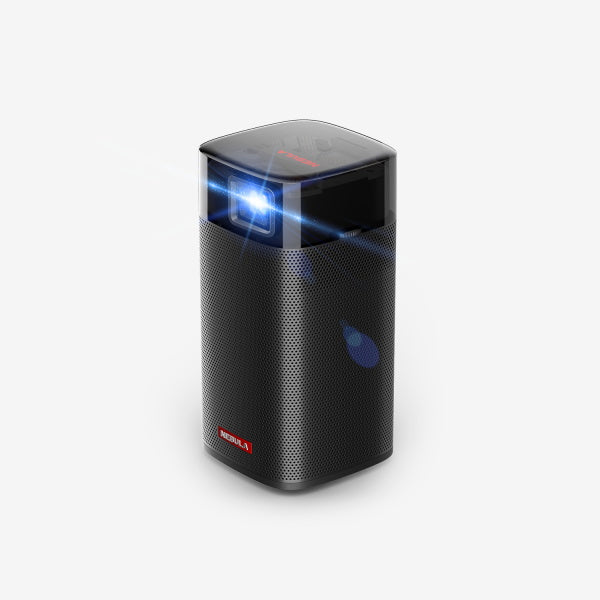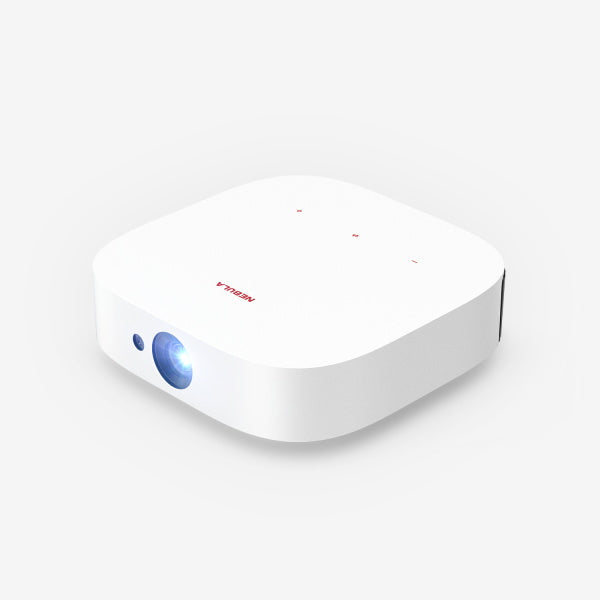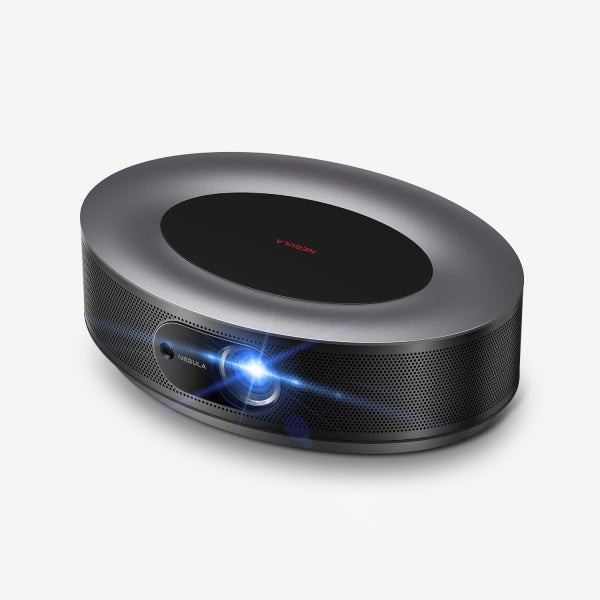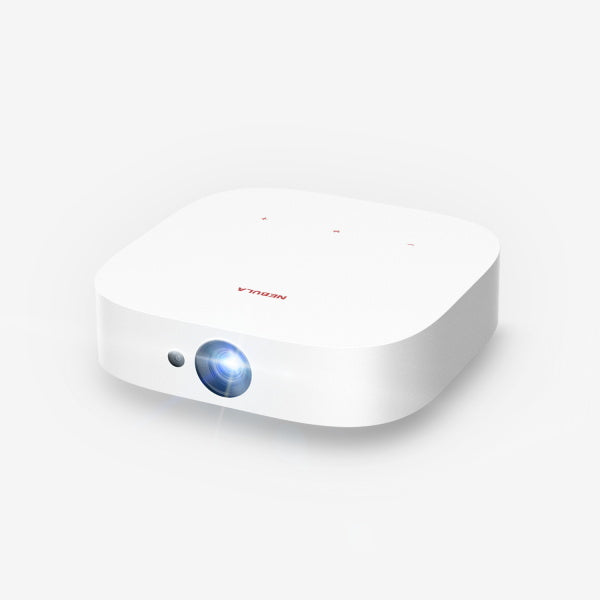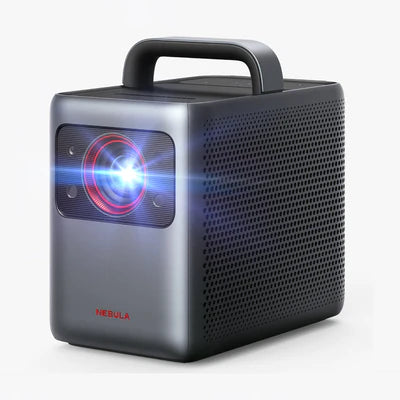
When presenting a captivating presentation in the office or setting up a movie night in the home, brightness plays a crucial role. This is where lumens come into play. So, how many lumens is good for a projector? In this blog post, we will dive deep into the world of projector lumens and explore what determines the ideal lumen count based on different scenarios.
What Is Projector Lumens?
When we talk about lumen rating in projectors or any visual displays like TVs and monitors (although they use different measurement standards), we refer to the unit of measurement that quantifies brightness.
Essentially, it tells us how much light a particular device emits. In projectors specifically, lumen output refers to ANSI (American National Standards Institute) lumens. This calculation involves measuring the average brightness at nine points on a projected image and then dividing it by the area covered by those points.
It should be noted that lumen in projector is not equivalent to watts – which measure power consumption. While they may seem related as both terms involve light production within projectors and other lighting devices, wattage does not directly indicate lumen output. Factors such as lamp efficiency and optical system quality significantly impact how effectively wattage translates into luminosity.
What Determines How Many Lumens You Need for a Projector?
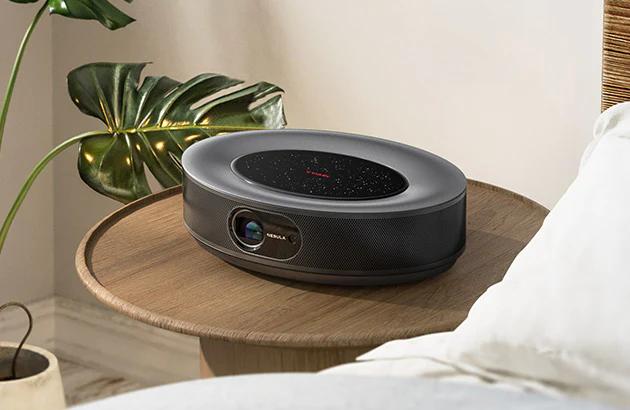
Unfortunately there isn't an easy answer when it comes to determining exactly how many lumens you'll need in order to achieve optimal picture quality from your desired projection source – because several factors come into play. To name a few:
- Size of the Screen or Wall:If the projection area is large, good lumens for a projector will sufficiently illuminate it.
- Projector-to-Screen Distance: The distance between your projector and the screen also matters. A shorter throw distance necessitates fewer lumens, while greater distances require more luminosity to achieve an adequately vibrant image.
- Ambient Light Level: Ambient lighting is another crucial factor that must be taken into account when determining how many lumens you need for a projector. If your viewing environment is dark or dimly lit, lower lumen projectors will suffice; however, projector lumens for bright rooms should be higher to combat external light interference.
- Content Type: What kind of content do you intend on projecting? Different types of media – movies, presentations, gaming – have varying degrees of inherent brightness and contrast requirements. A projector's lumen output should ideally align with these specific needs.
- Personal Preference: Last but not least comes personal preference. Everyone has their own unique standards for what constitutes good picture quality in terms of brightness and clarity. Ultimately, it boils down to individual taste!
Naturally, there's no one-size-fits-all answer regarding how many lumens for the projector. Each situation demands different levels of brightness due to variations in factors like room size and ambient light conditions.
How Many Lumens Is Good for a Projector?
The good lumens for the projector will depend on a number of factors, which are described below:
1) Home Theater:
If you're designing a home theater setup complete with popcorn buckets and comfortable seating arrangements, measurements indicate that proper lumination depends largely on two variables - screen size and ambient light levels within your viewing space.
- Small Projections (92-119 inches): For screens closer towards this range keeping 1300 Lumens would be great if the light environment in your room is pitch dark.
- Moderate Ambient Light: In case general ambient is little or moderate, you'll need at least 2000-3500 Lumens to avoid compromising image quality.
- Well-Lit Rooms: Sunlight streaming into your home theater? Pay attention! Large amounts of ambient light diminish the projected image's luminosity. For this reason, acquiring a projector with at least 4000 lumens will ensure optimal viewing, even during bright days.
2) Outdoor Movie Nights:
Planning on hosting an unforgettable movie night under the stars or amid overwhelming sunlight? Outdoor movie projections are an enjoyable experience for all ages. But they come with their own set of challenges due to excessive daylight or ambient lighting from windows.
To ensure optimal performance in daylight conditions (whether fully outdoors or near bright windows), look for projectors that offer high lumen outputs of at least 3000 and beyond.
3) Offices and Meeting Rooms:
Presentations are an essential part of office life. Be it showing sales figures to clients, demonstrating ideas to teammates, or conducting seminars. A conference room with well-lit surroundings and screen sizes ranging from 80 to 120 inches - consider models that boast luminosity between 3000 to 4000 lumens.
4) Schools and Universities:
Similar considerations apply when selecting a projector for educational purposes. Optimum visibility is essential in classrooms with varying lighting conditions. In such cases, it's recommended to choose projectors capable of producing at least prominent peak luminosities of around 4000 lumens.
5) Churches and Houses of Worship:
The best lumens for projector for sacred settings tend to fall within the range of 5000-15000 lumens. However, 8000 lumens is good for a projector, as it provides sufficient brightness for bright rooms.
6) Municipalities and Government Buildings:
For large meeting rooms and government buildings, high luminosities are desirable. Therefore, it would be best to seek projectors offering a significant light output of at least 3000 lumens.
Conclusion
When selecting a projector for your needs, evaluating lumen capacities becomes essential. Taking into consideration factors such as screen size, projection distance, ambient lighting conditions, content type preferences. These factors can help you determine how many lumens is good for a projector to produce a high-quality image.
FAQ
How many watts does a projector use?
The wattage consumption of a projector can vary widely depending on multiple factors like brightness (lumens), technology (LCD/DLP), lamp type (UHP/LED), resolution (HD/4K), additional features (3D/wireless connectivity). Generally speaking, projectors can require anywhere between less than 50 watts up to over 1000 watts.
Does more lumens mean brighter?
Absolutely! Lumens are directly correlated to the brightness output of a projector. A higher lumen count indicates a brighter projected image. However, it's crucial to consider other factors like contrast ratio, color accuracy, and resolution alongside lumens when aiming for an optimal viewing experience.
How bright is 2000 lumens?
2000 lumens is considered a common level of brightness for projectors, specifically suited for home theater setups. This amount of luminosity suffices in dark or moderately lit rooms with screen sizes up to approximately 100 inches. However, keep in mind that projecting in well-lit environments or larger screens may require higher lumen counts.










